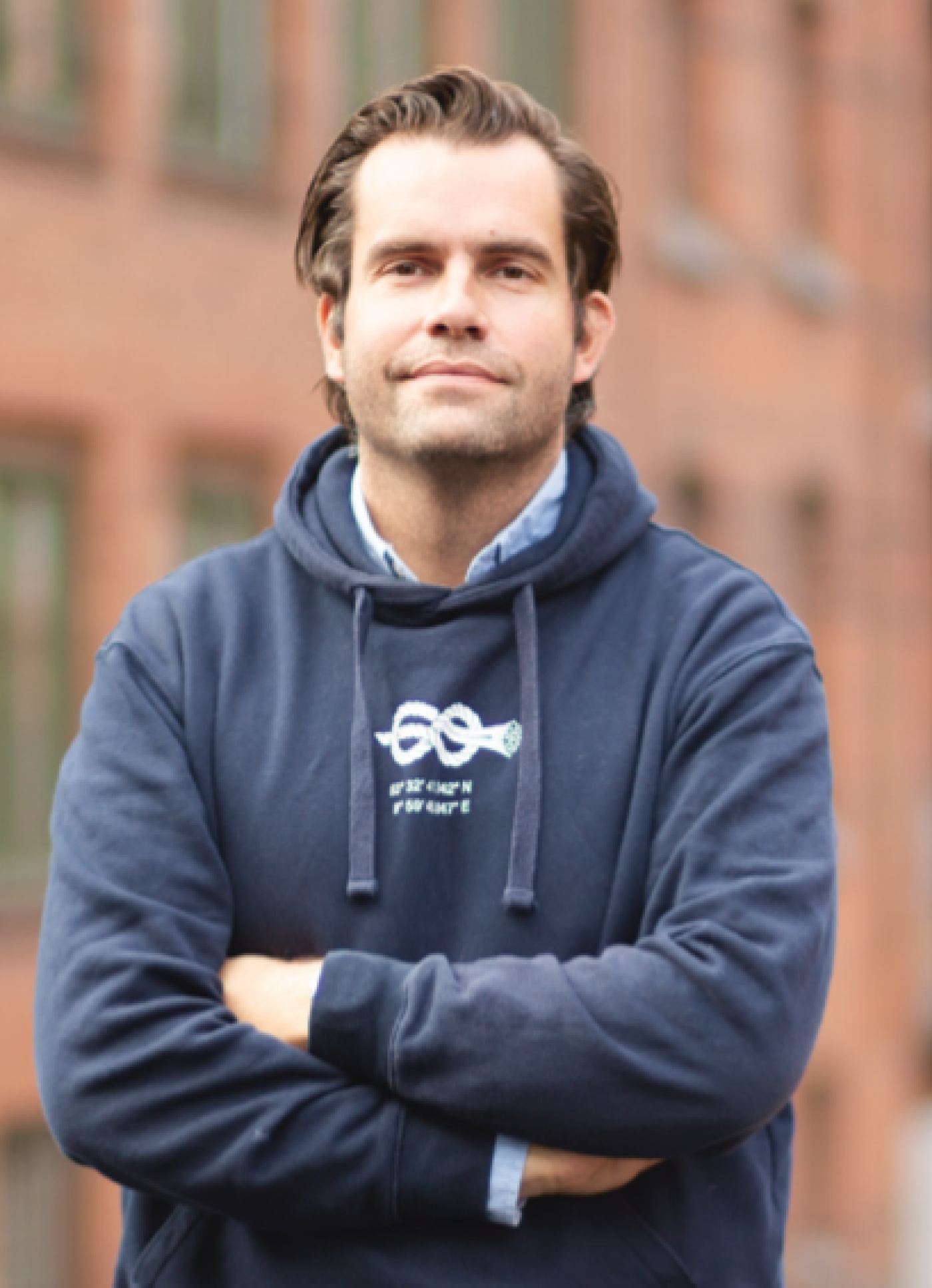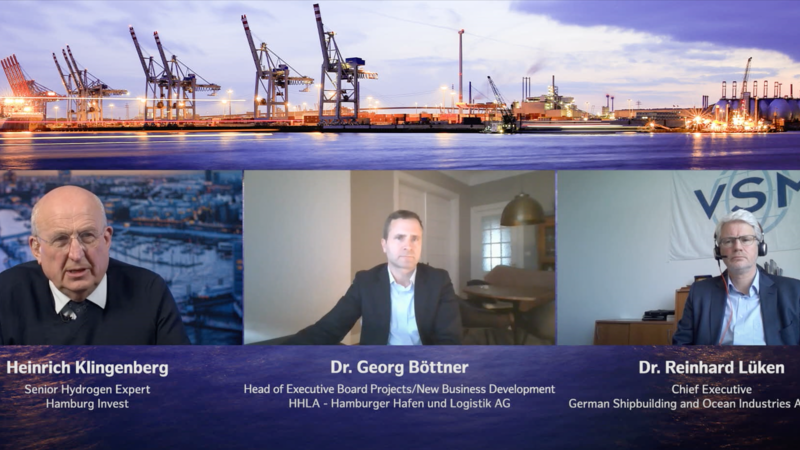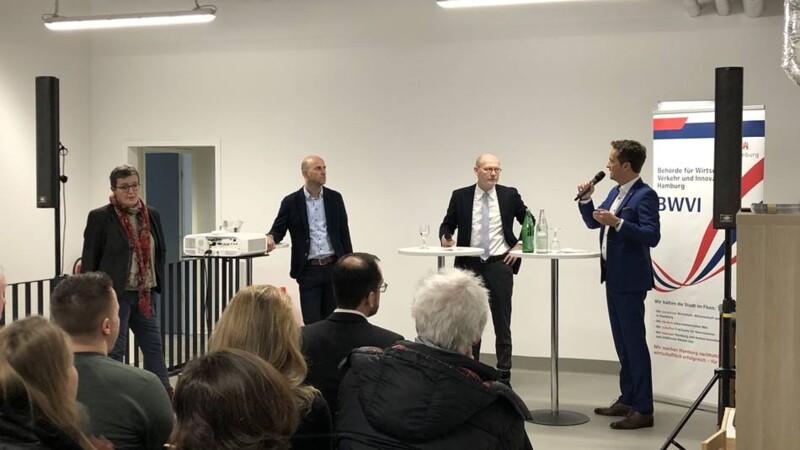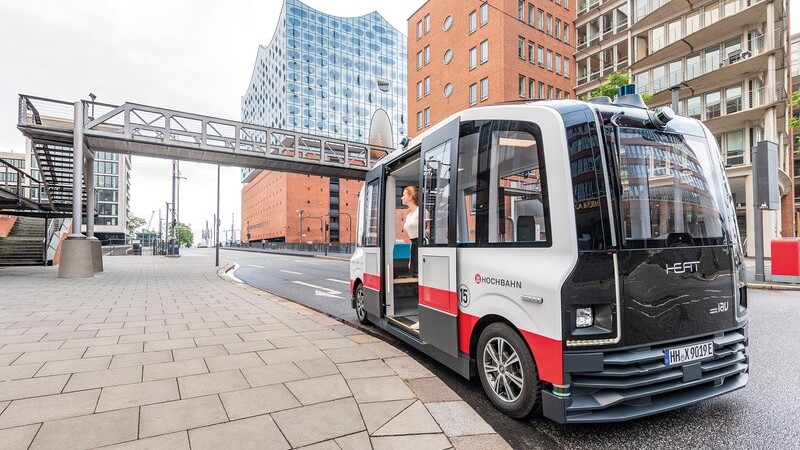Hamburg News: Can you name start-ups and companies that have been involved in the hub so far?
Berg: Corporate partners from the very start include Hamburger Hafen und Logistik AG, Ingenics, Dakosy and Lufthansa Industry Solutions GmbH. In recent years, they have been joined by the Nagel Group, Gebrüder Heinemann, Krone, Tchibo, Auerbach Schifffahrt, NSB Schifffahrt, Helm AG, Elokon and Volkswagen Konzernlogistik. Maritime start-ups like Navisense, Searoutes, Closelink, Nautiluslog or Boxxport are likely to send pulses in Hamburg racing. But start-ups like Kiezbringer, Angel or Priojet are home-grown in Hamburg. Our network also includes start-ups that are not permanently based in Hamburg, for instance, Munich’s Everstox, the Logistics Cloud in Bavaria or Luxembourg’s Waves.
Hamburg News: What are your greatest successes so far?
Berg: Quantifying success in an innovation ecosystem is always difficult. However, more than 30 pilot projects have been launched between companies and start-ups and that speaks for itself. Personally speaking, the success of the Digital Hub lies in the fact that very different people come here and manage to implement their wild expansion plans more or less quickly. They enjoy their combined achievements and support each other in the event of setbacks.
Hamburg News: What are the biggest challenges in logistics at present?
Berg: Clearly, climate protection and sustainability. The logistics sector can use technological innovations especially digital solutions to prepare the backbone of a wide range of industries for the future. The internationality of the industry is also an important lever. Our hub reflects that as it brings together start-ups from Estonia, Luxembourg, France, Poland, Singapore, Sweden and the Netherlands, among others.
Hamburg News: The logistics industry is international. Why is the hub based in Hamburg?
Berg: Hamburg is known as a gateway to the world. That applies to our goal of bringing digital innovations to the world. Digital ship logs, for instance, are used worldwide or software and digital platforms that improve the management of tugs in ports all over the world.
Hamburg News: Lastly, let’s look towards the future. What are the hub’s next goals?
Berg: We want to expand the hub in 2022 and turn it into the main point of contact for innovations in logistics in central Hamburg. To do so, we will expand the area of the hub to over 3,000 square metres.
Hamburg News: Thank you for the interview Mr. Berg.
fa/sb/pb




